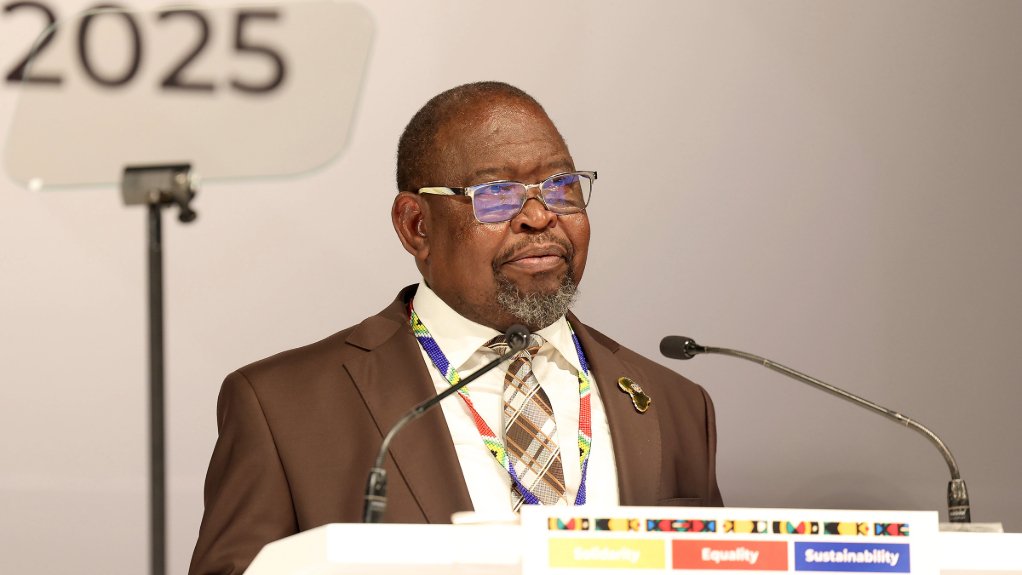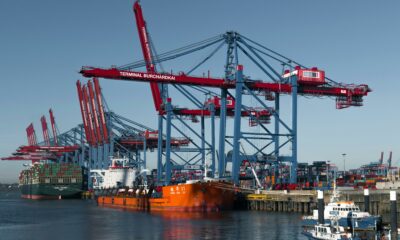Business
South Africa Faces Growing R23.3 Billion Public Sector Wage Bill Challenge

South Africa’s government is confronting a significant financial challenge as the public sector wage bill continues to grow rapidly. This year alone, public servants are set to receive a 5.5% salary increase, which will cost the government approximately R7.3 billion. Over the next three years, honoring wage agreements could push the total wage bill increase to around R23.3 billion.
Rising Costs, Limited Growth
While these wage hikes are aimed at supporting public servants who face increasing workloads, the growing wage bill is straining government finances. The wage bill has consistently outpaced inflation but hasn’t been matched by improved productivity or stronger economic growth. Since 1994, the public wage bill as a share of GDP has surged from below 6% to over 10% in the latest financial year.
The National Treasury highlights that this increase largely reflects rising average salaries, especially among middle and senior management, rather than expanding the public service workforce. Despite the public servant-to-citizen ratio climbing from 1:32 in 1994 to 1:48 in 2024—meaning each employee serves more people—the bulk of pay raises have favored higher earners. This trend is partly driven by cost-of-living adjustments and efforts to retain skilled professionals in government roles.
Steps Toward Managing Wage Pressure
To manage the growing wage burden, the National Treasury has implemented measures aimed at controlling wage increases and reshaping the public workforce. Since 2022, wage hikes have been kept below or aligned with headline inflation, while additional funding is earmarked separately for expanding workforce capacity.
The government has prioritized essential sectors like healthcare, education, and security, allocating billions to meet wage pressures in these critical areas. These focused efforts have helped reduce the wage bill’s share of overall government expenditure in recent years, though it remains unclear whether this is due to wage control or faster growth in other spending.
Early Retirement Program: A Double-Edged Sword
One key strategy to ease wage pressures is the government’s early retirement program, which incentivizes high-earning, senior employees nearing retirement to step down. Originally budgeted at R11 billion, funds allocated to this program have recently been scaled back to R5.5 billion, following changes in tax policy and economic outlook.
Up to 30,000 state workers could take advantage of this offer, which provides generous retirement packages—potentially two weeks’ pay per year worked for up to 20 years, with penalties for early retirement likely waived. The plan aims not only to reduce the average wage cost but also to rejuvenate the workforce by attracting younger employees who can fill the vacancies.
Finance Minister Enoch Godongwana estimates this program could save the government an average of R7.1 billion annually over the medium to long term. However, skepticism remains given that previous early retirement offers have seen limited uptake.
South Africa’s public sector wage bill dilemma underscores the delicate balance between supporting hardworking public servants and maintaining fiscal responsibility. With rising demands on government services and economic pressures mounting, innovative and targeted solutions will be vital to secure the country’s financial future without compromising public service delivery.
{Source: Daily Investor}
Follow Joburg ETC on Facebook, Twitter , TikTok and Instagram
For more News in Johannesburg, visit joburgetc.com



























